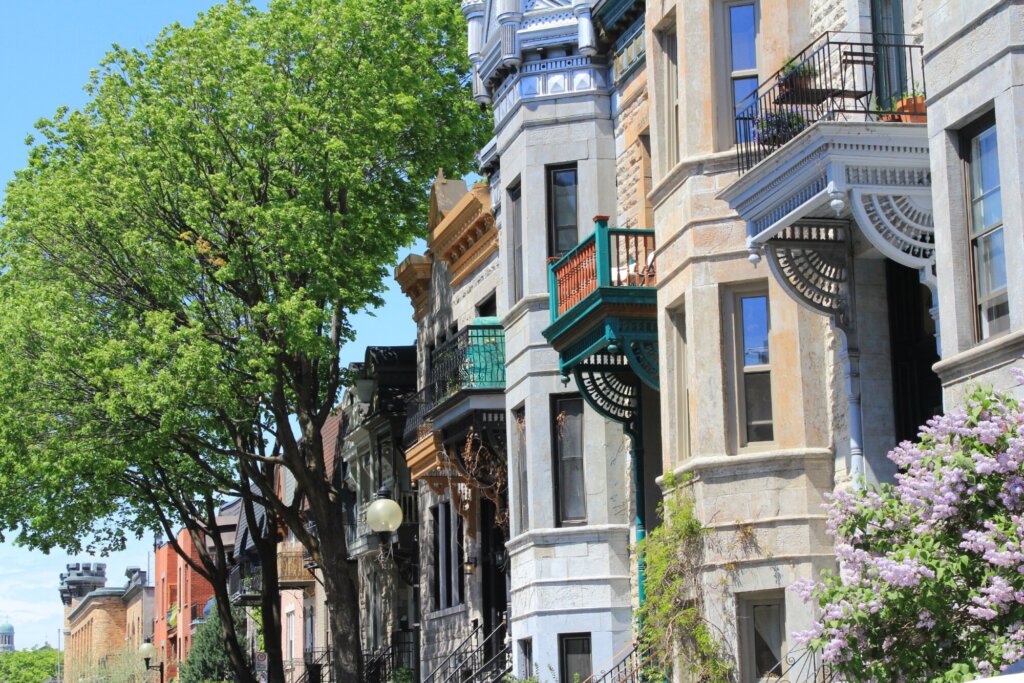Implementing Energy-Efficient Upgrades in Manufactured Homes
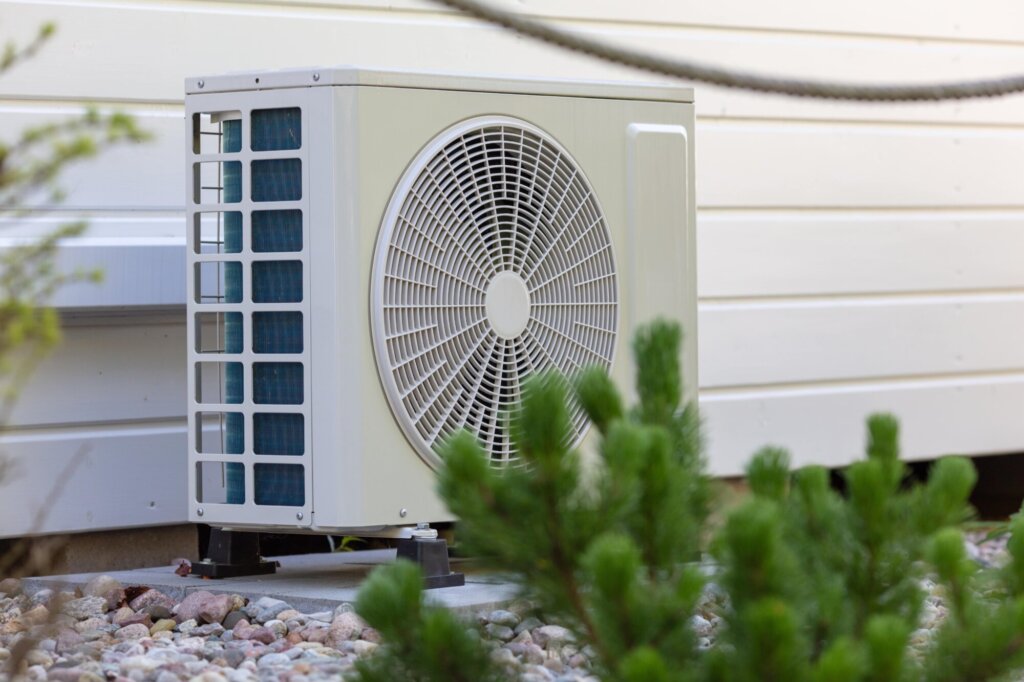
Manufactured homes are a small segment of the housing stock, but they represent a critical one for achieving a just and equitable energy transition.
Omitted from the national building code, and with unique operating constraints that result in higher heating costs, manufactured homes are often left out of utility energy efficiency programs. This can exacerbate housing affordability issues as well as energy poverty.
To address this gap and three key goals of the energy transition – improve equity, reduce energy use and reduce GHG emissions –the City of Nanaimo, the Regional District of Nanaimo and Dunsky developed a guide for manufactured home residents and the owners of the parks / communities where these homes are located.
This guide details several “no-regrets” actions that can be implemented today to lower emissions, lower utility bills and improve resident comfort and affordability. It also identifies a major barrier: a lack of financial support and incentives for park owners to implement the electrical infrastructure upgrades often needed to take on new electrical load for the installation of heat pumps. In some instances, particularly where heating is currently addressed through electric baseboards or furnaces, heat pumps should have no impact on a park’s electric load. However, if switching from a fossil fuel furnace or wood stove, park owners should assess their park’s electrical infrastructure capacity and make an informed decision before deciding on the installation of heat pumps or even EV charging.
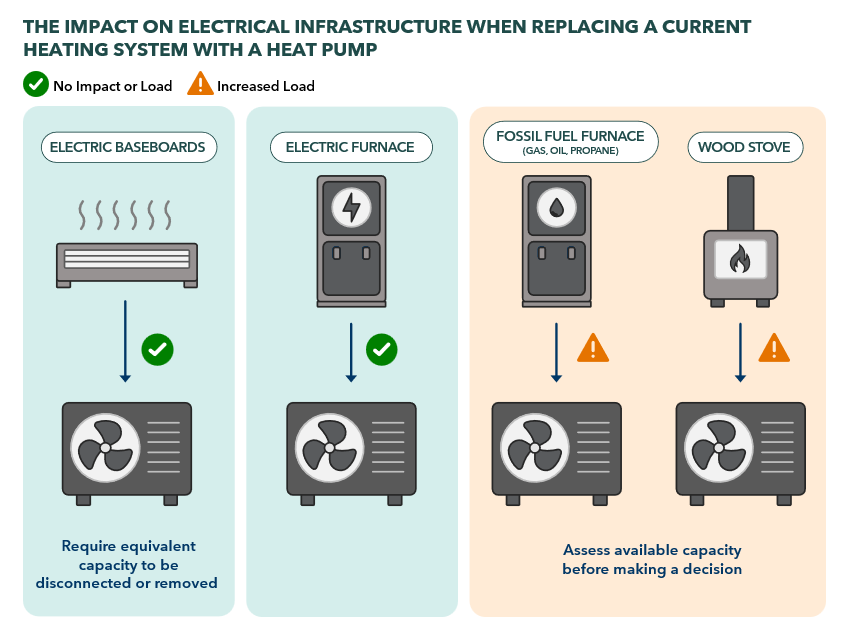
The guide includes a sample scope of work for assessing a park’s electrical capacity as well as steps and resources for how park owners can make informed decisions about electrification.
We’re pleased to continue our relationship with the City of Nanaimo (with continued partial funding from BC Hydro) for Phase 2 of this important project, which includes a minimum three pilot projects to assess the feasibility and potential costs of upgrading electrical infrastructure in parks / communities, and strategies to help these efforts scale.
If you want to learn more about energy efficiency and decarbonizing different sectors of the building stock, contact us at info@dunsky.com.
Related Projects
- Read more about California Approves Tariff On-Bill Pilot Informed by Dunsky Analysis
California Approves Tariff On-Bill Pilot Informed by Dunsky Analysis
December 4, 2025
The California Public Utilities Commission (CPUC) has approved Southern California Edison Company’s Tariff On-Bill (TOB) Pilot, authorizing $7.19 million to…
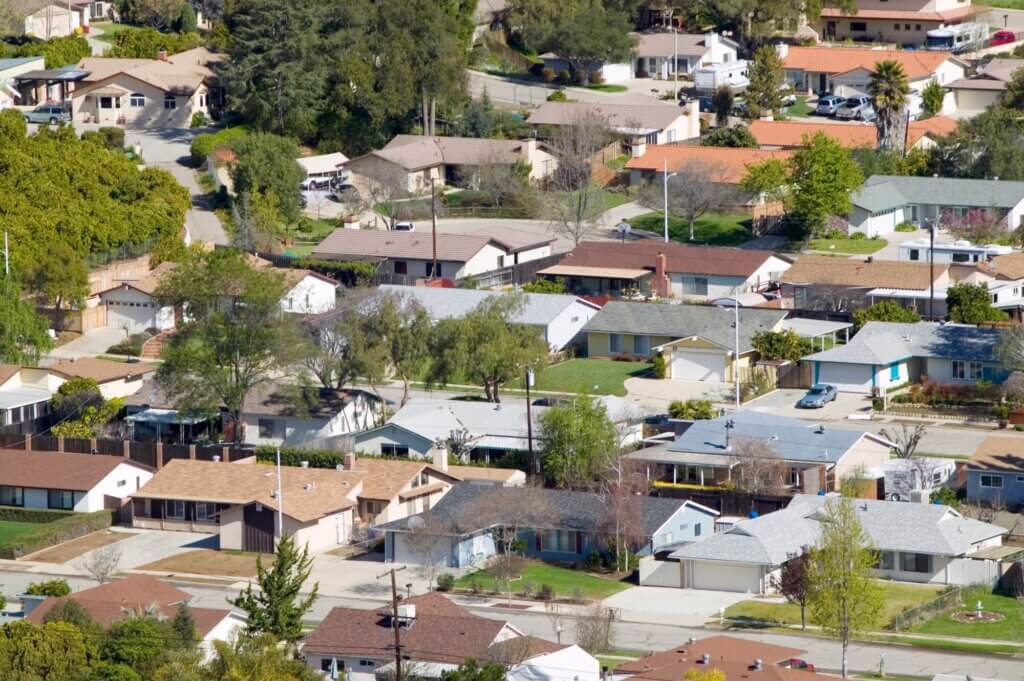
- Read more about Toronto Hydro and Dunsky Help Enable Customer Clean Energy Projects Through Cleantech Services Network
Toronto Hydro and Dunsky Help Enable Customer Clean Energy Projects Through Cleantech Services Network
July 3, 2025
Barriers to undertaking clean energy projects are not just financial. A significant barrier for residential and commercial building owners to…
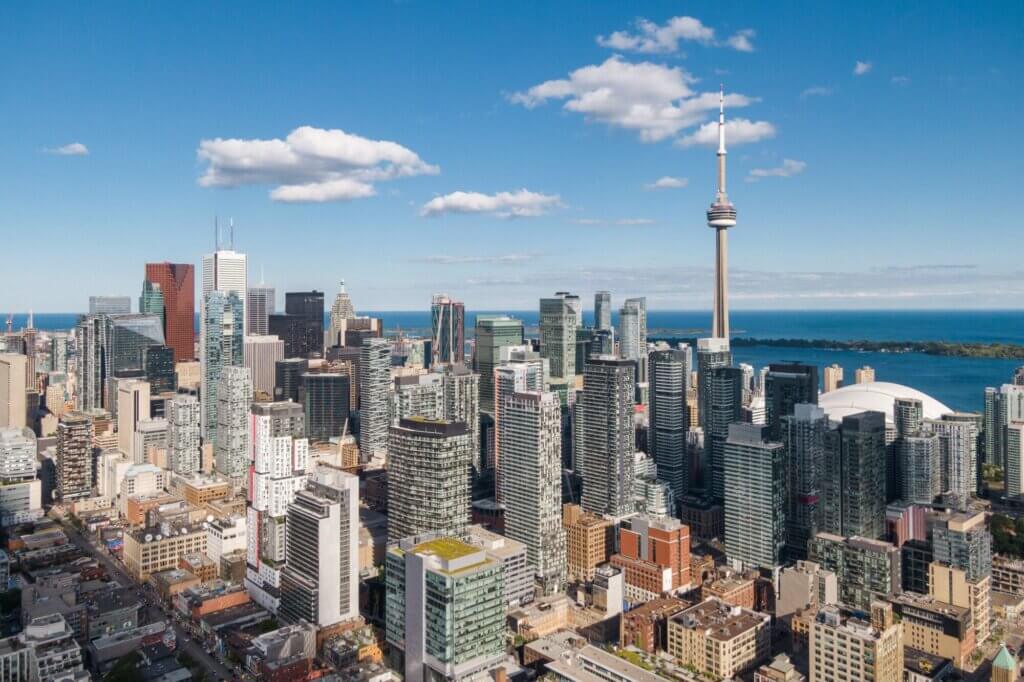
- Read more about A New Tool to Help Home and Business Owners Electrify Their Heating
A New Tool to Help Home and Business Owners Electrify Their Heating
May 6, 2025
Today marks the launch of Chauffermieux.com, a website aimed at homeowners, renters and business in the Greater Montréal area to…
